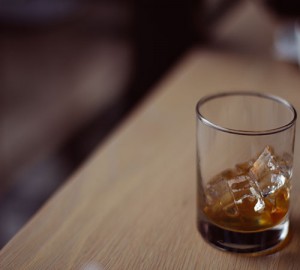 Alcohol, meth and heroin are some of the most frequently abused substances in America. In our line of work, we treat users of these drugs every day. Learn about the effects of these addictive substances and how addiction treatment works for each category of intoxicant.
Alcohol, meth and heroin are some of the most frequently abused substances in America. In our line of work, we treat users of these drugs every day. Learn about the effects of these addictive substances and how addiction treatment works for each category of intoxicant.
If you suspect a loved one is using drugs or alcohol, you can look for common physical signs of abuse. Each of these substances produces distinct effects on the mind and body.
Note that alcohol and heroin are both depressants – they slow the mind and body and cause sleepiness. Meth, on the other hand, is a stimulant that speeds up thought and physical processes like breathing. This means alcohol and heroin abuse symptoms generally have more in common with each other than they do with the symptoms of meth abuse; however, meth users will often “crash” and sleep for long periods after staying up for days.
While you might think that illegal substances such as meth or heroin are the most dangerous type of drug, the truth is that alcohol, though legal, is deadlier than all other drugs combined.
In addition to killing more people than illegal drugs, alcohol is also more harmful in terms of the effects it wreaks on users’ lives.
In 2010, the Independent Scientific Committee on Drugs (ICSD) rated 20 drugs in terms of the negative effects they had on health and society, on a scale of 0 to 100 (0 being no harm and 100 being greatest possible harm). The experts ranked alcohol the highest of any drug with a score of 72, followed by heroin, ranked at 55, crack cocaine (52) and then crystal meth (33).
Medical detox therapies differ somewhat from one substance to the next. For example, heroin users might be treated with methadone while alcohol abusers may receive benzodiazepines and methamphetamine users may take a drug like Norpramin in order to reduce withdrawal symptoms.
However, once initial detox is complete, most alcohol and drug treatment programs use the same core therapies which typically include individual therapy and group therapy in a residential setting. Regardless of whether the patient is undergoing rehab for alcohol, meth or heroin, their treatment will emphasize learning to cope with emotions, urges and life events without the use of drugs or alcohol.
Do you have additional questions about helping yourself or a loved one with alcohol, meth or heroin addiction? Below, we have listed a number of resources that might help you. You might also want to learn more about our program for addiction treatment, as we treat alcohol, opiate and stimulant addictions.
